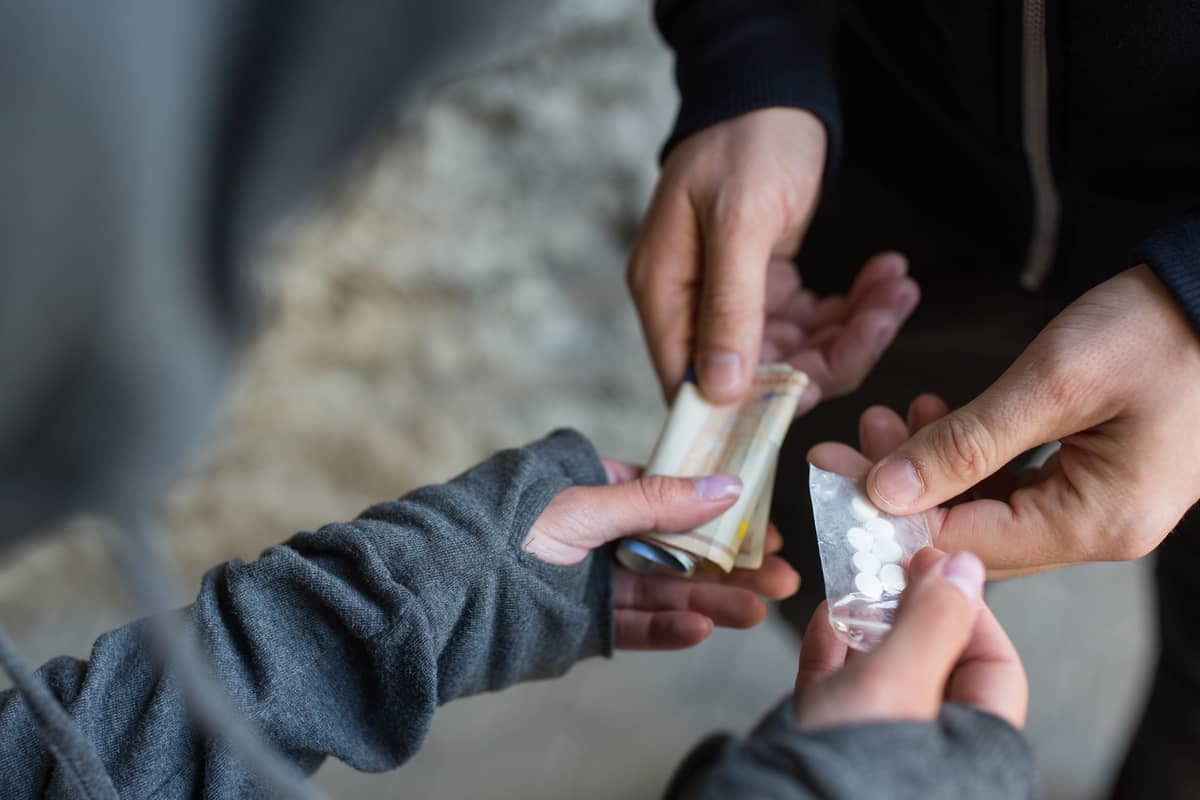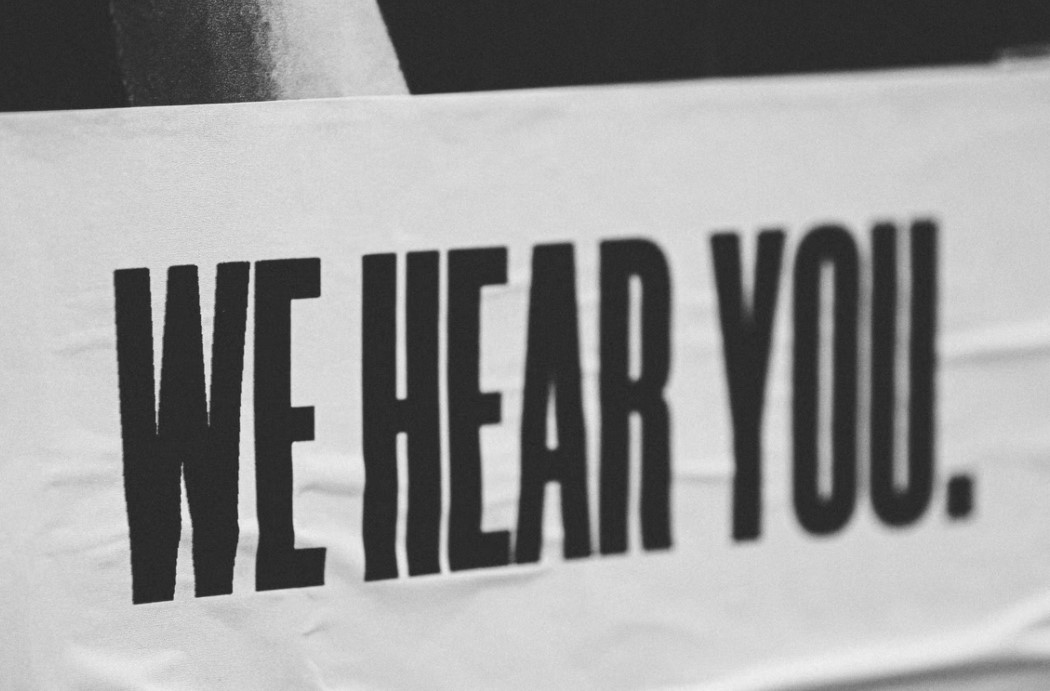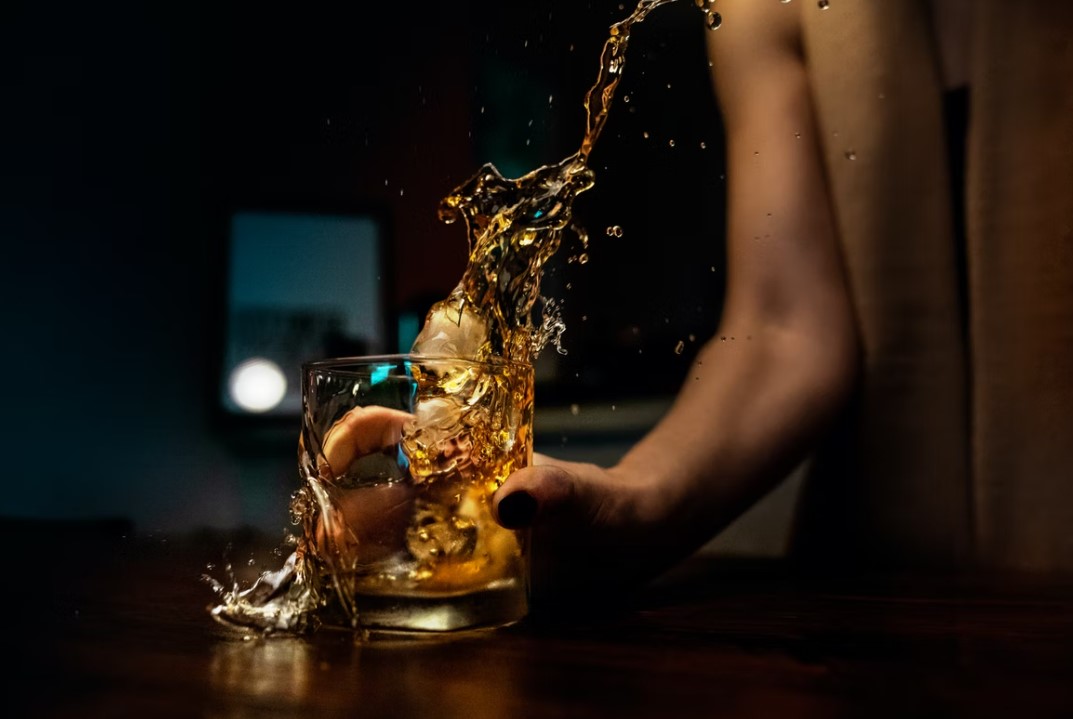How does addiction arise?
Adolescence is the period of great vulnerability. The use of psychoactive substances usually begins in this turbulent phase at the transition from childhood to adulthood. During this phase, the young person matures emotionally, socially and intellectually and prepares for the challenges and responsibilities of adulthood.
What makes a young person sensitive?
During this period adolescents rebel against parental and other authorities. At the same time the influence and importance of peers becomes stronger. Being accepted in a peer group is the most important need of a young person. It takes a lot of self-confidence to endure the rejection of a peer group. If acceptance can be secured by taking psychoactive substances, the young person will often be willing to do so.
The intake of substances usually starts at the beginning of high school.
Young people are prone to constant self-observation and assessment of their own appearance and other qualities. At the same time, self-confidence is very low and unstable. Adolescence is a period when you suffer deeper and more intensely than in any other period of life. For some, this suffering is too strong, so adolescents try to alleviate this by substance abuse.
What increases the risk of experimenting?
In adolescence, there is a pronounced tendency towards risky behaviors, such as speeding or alcohol and drug abuse.
Adolescents tend to feel invincible, immortal. Despite they know that substance abuse is dangerous, they will continue to do so.
Needs and desires are very pronounced in this period and self-control is still poorly developed. The need for novelty, new experiences and experimentation with new ways of behaving and behaving is also expressed.
Experience shows that drugs are usually taken for the first time in the company of a person whom you trust or admire. It can be a best friend, someone who is popular, a boyfriend or a girlfriend. Sometimes it can be an older brother or sister.
Alcohol and drugs as a way to solve problems
Every period of life brings various difficulties and obstacles. People deal with them in different ways. Some people experience problems too harshly. They tend to overestimate them. At the same time, they underestimate their own ability to solve them.
Thus, when faced with a problem, they feel helpless. Most of the problems seem unsolvable to them. And all the other feelings that arise then are unbearable and unbearable.
Then, there is a need to escape from unpleasant feelings by being anesthetized psychologically or with substances. Psychologically, this is most often done through denying or minimizing the problem, through escaping into a dream or fantasy world. The most commonly substance used for this is alcohol. It is easily accessible compared to other substances and socially acceptable.
Disease that lies to the addict
However, the relief is short-lived and temporary. The fact that we will bury his head in the sand like an ostrich will not cause the problems to disappear. Problems that are not solved over time become more numerous and more difficult and require stronger “anesthesia”. Stronger psychological defenses or stronger substances and in increasing doses, often in dangerous combinations. If an addiction develops, it becomes a “disease that lies to the addict” and does not allow them to realistically see the problems that it creates for them.
One of our patients put it this way: “When I took the speed, I had a hundred problems, and when its effect passed – two hundred.”
On the other hand, people who realistically see problems and believe in their ability to solve them, perceive problems as a challenge, as tasks. Therefore, they look for ways to reach solutions.
Through addiction treatment programs at the LORIEN CENTER, such as the FAST Recovery program, life skills are learned, as well as problem-solving skills.
Why do people continue to use drugs despite their harmfulness?
Intake of psychoactive substances causes a short-term reward. This can produce a constant repetition of intake despite the knowledge about its harmful consequences. Where there are rewards, there is a danger of losing control of behavior. The substance can begin to dominate the time and attention of the one who consumes it.
The craving for drugs arises in the older parts of the brain, in the so-called reward system. It has the quality of instinctual need, while it is stronger in intensity than all natural instincts. Psychologically, satisfaction of this desire is perceived as a condition for survival. That is why the addicts react according to the principle “I have to take drugs now, immediately, at any cost, I will not think about the consequences, or I will think later about them”. Their survival depends on drug use.
Difficulty controlling the behavior around substance (its onset, effect, frequency of use) implies failure to attempt to reduce or discontinue substance use. Addicts continue to do automatically what they do not want to do and what common sense tells them not to do. Their behavior becomes compulsive, they are “forced” to continue taking drugs.
Withdrawal syndrome
When they try to stop or reduce the intake of the substance, abstinence syndrome occurs. The most severe withdrawal syndrome occurs when opiates, such as heroin, are stopped abruptly. It includes symptoms such as watery eyes, runny nose, chills, vomiting, diarrhea, paleness, joint and muscle pain. Withdrawal symptoms are similar to those of severe flu.
The emergence of tolerance implies the need to take progressively increasing doses of the drug in order to achieve the original effect.
The appearance of addiction is also characterized by the neglect of alternative pleasures and interests due to the use of the substance. It is also characterized by an increased amount of time necessary to purchase and take the substance or to recover from its effects. The continued use, despite the harmful effects, is a sure indicator that this is a serious addictive behavior.
If you recognise your addiction or need help for someone else, contact us immediately at
help@lorijen.center or +381 69 30 88 090, +381 69 30 88 091 (mobile, WhatsApp or Viber).







